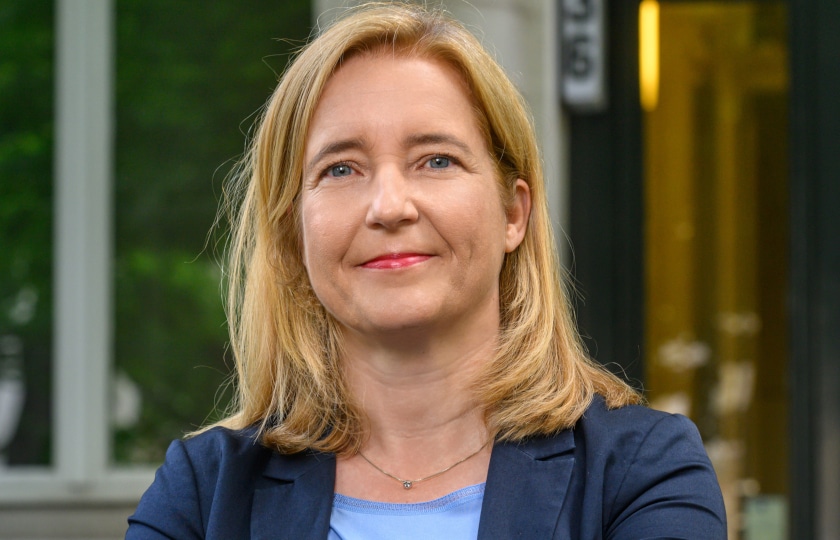What experiences do older people have with digital health services, and how can their digital health literacy be improved? The HBI has done a study on this as part of a transdisciplinary project.
Electronic patient files (ePA), video consultations or digital health applications (DiGA) – in the course of digitalisation, various health care services have been developed in recent years. These technologies’ self-determined and safe use requires a certain level of digital health literacy. This includes, among other things, the ability to find and evaluate health information, protect or release health-related personal data as needed, assess the functionality, results and consequences of digital health applications, weigh the pros and cons and act accordingly.
The project particularly focused on people over 60 years of age. In cooperation with Share to Care GmbH, the University Medical Center Schleswig-Holstein (UKSH) and the team of TAKE-PART Media & Science GmbH, a targeted concept for promoting digital health literacy was developed that takes into account the information needs and demands as well as the media use of older users and enables low-threshold access to digitalised health services via analogue and digital offers.
For this purpose, the HBI conducted a needs assessment in the group of people over 60 years of age, which, among other things, also considered media usage and health information behaviour.
Qualitative interviews were conducted with senior citizens for the needs assessment. In the process, areas of digital health care were identified in which the respondents saw a great need for improvement in their knowledge and organisation, or in which, from their point of view, knowledge is fundamental.
Based on the needs assessment findings, analogue and digital offers were developed to promote digital health literacy for this target group (including a ‘digital café’, training events, flyers, and a website with text-based and audiovisual information).
After the materials and services were developed, a qualitative survey was conducted among older users, which mainly focused on questions of access, the comprehensibility of the materials, and attitudes towards digital health services.
The results were used to revise the website ‘gesund-digital.info’, which will be available even after the end of the project.













